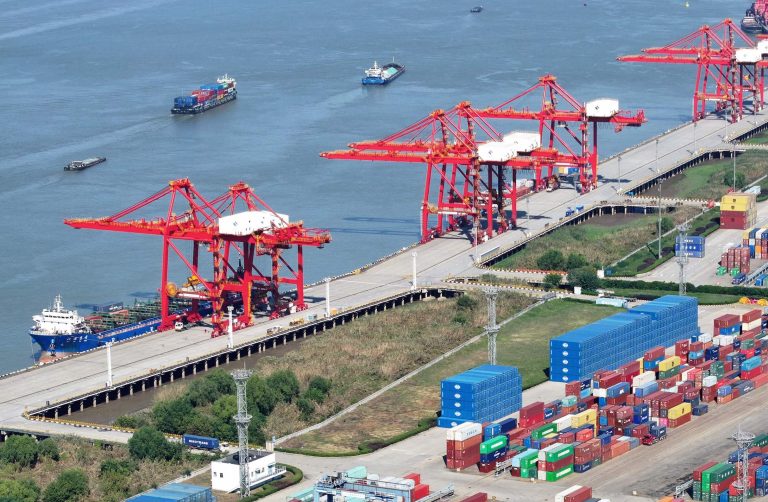WASHINGTON — The office of U.S. Trade Representative Katherine Tai on Tuesday, Dec. 26 announced a further extension of China “Section 301” tariff exclusions on 352 mainland Chinese import and 77 COVID-19-related categories till May 31, 2024.
The administration of former President Donald Trump used Section 301 of the Trade Act of 1974, a statute aimed at combating trade partners’ unfair practices, to impose the tariffs on goods from the People’s Republic of China (PRC) in 2018 and 2019.
The import tariff exclusions include industrial components such as pumps and electric motors, some car parts and chemicals, bicycles and vacuum cleaners. The COVID-related exclusions include medical products like face masks, examination gloves and hand sanitizing wipes.
What’s next
The exclusions were previously scheduled to expire on Dec. 31. The extension till May 31 will allow for further consideration under a statutory four-year review, Tai’s office said in a statement.
U.S. President Joe Biden has retained additional tariffs placed on a plethora of Chinese exports under the previous Trump administration and added new restrictions prohibiting the export of advanced semiconductors and the equipment to make them, citing security concerns.
Success
You are now signed up for our newsletter
Success
Check your email to complete sign up
Trump imposed tariffs in 2018 and 2019 on thousands of imports from China valued at some $370 billion at the time, after a “Section 301” investigation found that China was misappropriating U.S. intellectual property and coercing U.S. companies to transfer sensitive technology to do business.
Beijing has called U.S. 301 tariffs on Chinese imports “discriminatory.”
Tariffs are only one component of strains in U.S.-China relations of late. Other contentious issues include Taiwan, spying allegations, human rights, and the origins of the COVID-19 pandemic.
Last week, China also extended tariff exemptions for some imported products from the United States until July 31, 2024, according to the Chinese finance ministry.
Reporting by Kanishka Singh in Washington; additional reporting by Maria Ponnezhath.
















